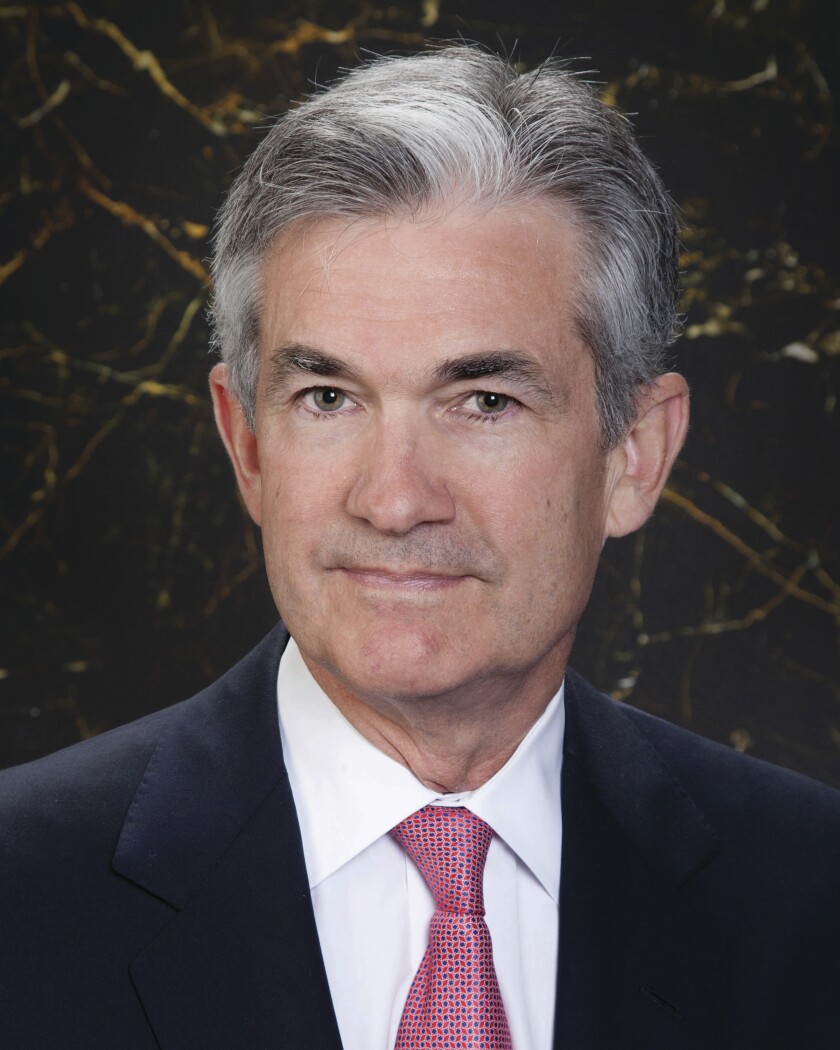Central banks in emerging and developed markets are scrambling to fight against an array of external challenges this year, and this has prevented EM fixed income from underperforming most major global markets, say some market participants. But monetary authorities will not have the tools to avert a crisis if the war in Ukraine continues, warned economists.
The US Federal Reserve has faced criticism from some quarters for being slow to react to the price pressures, with inflation reaching its highest level in 40 years in the US. But some in the market have sympathy for the position in which the Fed and other central banks find themselves.
“We are heading into a big global crisis, but it is no longer about the Fed and central banks, it really is existential,” said Simon Quijano-Evans, chief economist at Gemcorp. “The invasion is taking things completely out of the hands of central banks everywhere, and central banks cannot be blamed.
“Central banks have been standing there as the last bastions of credibility given the failures of global politics, but they are at the mercy of these politics. Right now they are being pushed into a corner where they could risk losing their credibility as a result of the failures of others.”
The EBRD’s latest economic forecast published on Tuesday highlighted the economic pressures deriving from higher food and energy prices caused by Russia’s invasion of Ukraine (see story on page 3). Yet Sergei Guriev, professor of economics at Sciences Po university in Paris and a former chief economist of the EBRD, said at the launch of the forecast on Tuesday that he was not pessimistic about central bank policy.
“The increase in gas prices [this year] is higher than the one in the 1970s, and yet we talk about inflation as a problem — not as an existential crisis as we did then,” said Guriev. “Why? First, economies have become more resilient, and secondly central bankers have learned a lot.
“People criticise the Federal Reserve for being slow, but we are talking about Fed being slow by half a year, not by a decade as would have been the case in the 20th Century. In that sense I’m less pessimistic.”
Rather, Guriev is concerned about matters that are out of the hands of central banks.
“When we talk about the war, the oil price shock, or the grain price shock, these are very real concerns and I’m very worried,” said the Russian economist. “It pains me that in addition to issues like access to finance and human capital challenges, we now have these additional problems that shouldn’t have been here in the first place.”
‘Volatile cocktail’
Though EM has, like all markets, been badly hit by war and inflation-related volatility, it has not underperformed. Indeed, EM dollar bonds are down 17% so far in 2022, versus over 19% for the S&P 500 equity index.
“EM hasn’t been the worst affected asset class because EM central banks themselves have learnt from the past and been as proactive as they could be,” said one EM bond investor. “And most of that drop in EM dollar bonds has been down to US Treasuries selling off, rather than the spread.”
Moreover, Quijano-Evans at Gemcorp highlighted that EM local currency bonds, which have underperformed other asset classes for several years but done better than most so far in 2022. Again, he said this was down to “EM central banks being proactive”.
